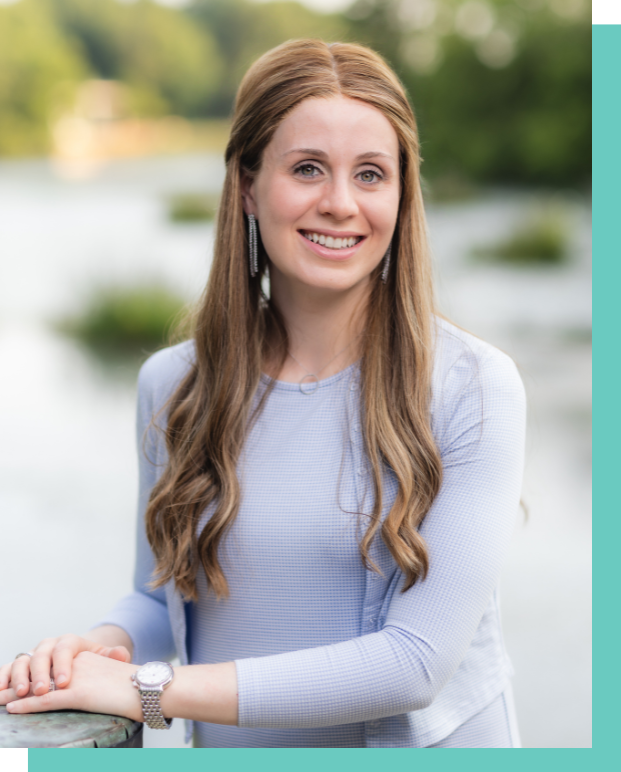Navigating eating disorder recovery on the holidays can be a difficult task. Passover is certainly no exception. As Passover approaches, those who celebrate are preparing for a time of reflection and renewal. For someone struggling with an eating disorder or disordered eating, tapping into those themes of the holiday can be difficult. As a community, it’s important to recognize those challenges so we can support those around us. Keep reading to learn 4 tips on how to navigate Passover during eating disorder recovery.
All Jewish holidays have some focus on food which can be challenging for someone with an eating disorder. Passover is unique in that it includes dietary restrictions, specifically the avoidance of leavened bread (chametz). This could be even more triggering or anxiety-inducing. Also, the focus on food and the requirement to consume certain amounts of matzah at the Seder can be overwhelming.
On the other hand, Passover can be viewed as an opportunity for an individual to redefine their relationship with food. They can do this by using the Jewish tradition as a framework. Given that, it’s so important to mentally prepare for the holiday and to approach it with self-compassion. It’s important to remember that recovery is a journey with ups and downs and setbacks and that is okay.
Here are 4 tips for preparing for and navigating Passover while in recovery:
1. Plan ahead
I cannot stress this enough during eating disorder recovery on the holidays. Planning is really important when it comes to big food changes in ED recovery. Work with your eating disorder dietitian or other supports to create a plan for meals that accommodates the dietary restrictions and potential shifts in meal timing. Try to incorporate a variety of foods that will leave room for enjoying the holiday.
2. Communication
Talk to your family and friends and those who you will be celebrating the holiday with. Advocate for yourself by pointing out when there are any triggers related to food or diet talk. Ask for support from family and friends so you can work toward meeting your recovery goals.
3. Practice mindfulness
During Passover celebrations, try to stay present and focus on the holiday and the meaning behind it instead of worrying about the food. Making a plan for meals in advance will help to implement this.
4. Seek support
Finding eating disorder holiday support can make all the difference in your road to recovery. Work with your treatment team, join a support group, or reach out to your Rabbi for guidance. It is helpful to try and talk to someone who understands the complexities surrounding Passover and eating disorders.
Final Thoughts on Navigating Passover During Eating Disorder Recovery
As we get closer to Passover, let’s try to keep these strategies in mind and begin implementing them and preparing. Let’s work toward making this Passover one that is meaningful despite navigating eating disorder recovery. Together, as a community, let’s try to keep in mind the challenges an individual in eating disorder recovery faces on Passover and create a supportive, diet culture-free environment. Lastly, let’s focus on themes of liberation and renewal and work together to give all individuals the space to internalize those themes this year.
Read more tips on how to navigate the holidays in eating disorder recovery.
Contact Us
Courage to Nourish is a group of eating disorder specialized dietitians. We have in person locations in Alexandria, Virginia, Columbia, Maryland. and College Park, Maryland. We offer virtual services across the state of Virginia, Washington DC, Pennsylvania, and Colorado. We offer individual nutrition therapy. As well as support groups. We would love to guide you in building a better relationship with food.
Contact us for more information. And to schedule a discovery call. Also, sign up for our client or clinician newsletter!
Take one of our eating disorder quizzes:

I previously worked at an eating disorder treatment center and have experience in various levels of care including outpatient. I joined Courage to Nourish so I can pursue my passion for dismantling diet culture and reducing weight stigma. I enjoy working with all individuals and particularly enjoy working with pregnant/postpartum clients and adults struggling to break free from bingeing, restricting, or diet culture. I’m a great listener, patient, compassionate, and aim to meet my clients where they’re at in recovery. I would love to work with you!

